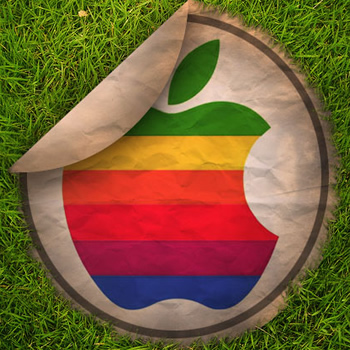Apple's hectic legal department is set to wake up to yet another lawsuit this week, this time a class action lawsuit filed by angry parents who claim the American iPhone and iPad retailer is unfairly profiting from in-app purchases of digital content of free games aimed specifically at children.
The group says it's far too easy for kids using the devices to tote up huge bills without authorization from their parents. Apple's purchasing system allows users to save credit card information and just use a password for future transactions.
Federal Judge Edward Davila agreed, granting a future hearing for the class action suit to be heard on the grounds that enough specific examples had been provided for the lawsuit to proceed and the parents had a reasonable claim given the damages suffered before the loophole was closed.
Their court filing accuses the Cupertino-based American firm of "inducing" children to make in-game purchases, including digital items such as "smurfberries" for the Smurfs Village game, which Apple's purchasing system allows children to do without the permission of their parents.
"These games are highly addictive, designed deliberately to be so, and tend to compel children playing them to purchase large quantities of game currency, amounting to as much as $100 per purchase or more," the suit read, according to the Telegraph.
Apple called for the class action suit to be dismissed on the grounds that recent updates to their iOS operating system changed the purchasing procedure, which optionally now includes the requirement to enter an additional password to purchase apps and other items from the vendor's store. Another new option includes the ability to turn off the feature entirely, preventing children from unwittingly running up the bill.
However, the group's leader, attorney Garen Meguerian insists that children are still encouraged to purchase items due to the game's addictive nature and most parents were unaware of the financial consequences until viewing the bills, by which time it was too late.
